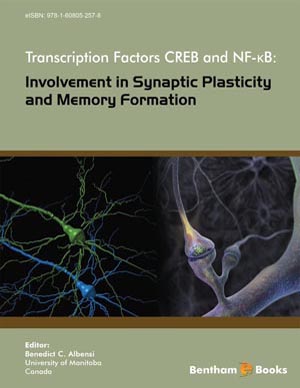Abstract
Neurodegenerative diseases (NDD) are a heterogeneous group of disorders characterized by a progressive, selective loss of physiologically related neuronal systems. Some prominent diseases include Alzheimer’s disease (AD), Parkinson’s disease (PD), amyotrophic lateral sclerosis (ALS), Multiple Sclerosis (MS), and Huntington’s disease (HD). It is believed that oxidative stress-induced cellular degeneration, inflammation, mitochondrial involvement, and dysfunction are important aspects in the pathogenesis of NDDs. Despite many decades of research and intensive studies, it has been an unending struggle to discover the root cause and a cure for these life-threatening ailments. However, the emerging domains of research provide evidence that probiotics and human gut microflora have a peculiar relationship with health and the pathogenesis of several diseases, including NDDs. Microbiome and nutrients have a profound impact on the brain by influencing their development and function in health and diseases. The gut ecosystem and any modulation thereof exhibit a significant impact on the physiological and psychological health of an individual. The present chapter discusses the effect of the beneficial gut microbial community versus pathogens on the overall human health and its role in the development, diagnosis, and management of NDDs, especially Alzheimer’s disease (AD) and Parkinson’s disease (PD). Furthermore, the potency of probiotics and prebiotics as a gut-friendly therapeutic agent to treat these disorders is highlighted.
Keywords: Alzheimer's disease, Antioxidant, Gut microbiome, Gut-brain axis, Neurodegenerative diseases, Parkinson’s disease, Prebiotics, Probiotics.















